Raghubir Yadav
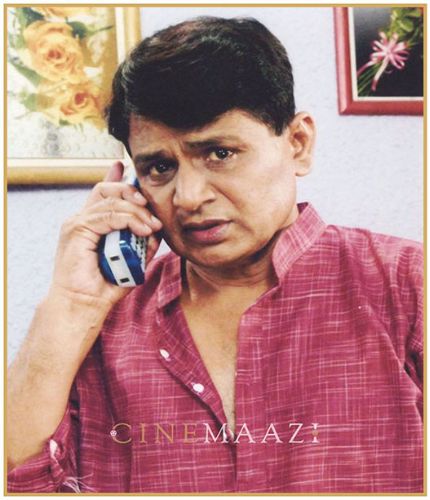
Subscribe to read full article
This section is for paid subscribers only. Our subscription is only $37/- for one full year.
You get unlimited access to all paid section and features on the website with this subscription.
Not ready for a full subscription?
You can access this article for $2 , and have it saved to your account for one year.
- Born: 25 June 1957 (Jabalpur, Madhya Pradesh)
- Primary Cinema: Hindi
- Spouse: Poornima Kharga (divorced)
- Children: Achal Yadav (son)
Synonymous with his rigorous, subtle craft, actor, music composer, singer and set designer, Raghubir Yadav is known for Massey Sahib (1986), Salaam Bombay (1988), Bandit Queen (1994), Khamoshi: The Musical (1996), Dil Se (1998), Lagaan: Once Upon a Time in India (2001), Peepli [Live] (2010), Pagglait (2021), Panchayat (2020 – 2022) and Kathal: A Jackfruit Mystery (2023), among others. A National School of Drama alumnus, his debut film role was in Massey Sahib while his TV character Mungerilal became a household name in the late 1980s. He has featured in approximately 130 acting productions so far, winning appreciation for his realistic and quirky performances onscreen. He has won two international awards, namely best actor for Massey Sahib, the FIPRESCI Critic's Award, Venice Film Festival, 1986 and the IFFI best actor award (male): Silver Peacock Award at the 11th International Film Festival of India, 1987. He is one of the rare actors whose performances are always anticipated, whether he is “exemplifying the desires and struggles of the average, middle-class Indian, portraying a character from world history, personifying poverty, or showcasing the complacency of power.” His chameleon-like quality of slipping under the skin of his characters marks him as the ideal man for the role. Naming Massey Sahib, Salaam Bombay and Raman Raghav as the films that he most enjoyed doing, he believes an actor’s job is to get into the soul of the character.
Born on 25 June 1957 in (Jabalpur, Madhya Pradesh, he grew up in a village, where he would help in farming. He studied at the school his grandfather had established. Being fond of music, he would play film songs on the gramophone and do his riyaz (practice) regularly. He also used to sing folk songs. The Ram Leela and Ras Leela enacted in his village also interested him. Fearing that he would fail his board exams, he ran away from home at the age of 15 and reached Lalitpur, in UP. He approached a natak (theatre) company there for a job and was hired at a salary of Rs 2.50. Accustomed to speaking in the Bundeli language of Bundelkhand in his village, it was in theatre that he learnt to speak Hindi. For six years, he performed several Urdu and musical plays. In Lucknow, I heard from his friends about NSD, Delhi, and went on to join the prestigious institution. In his third year at NSD, Ibrahim Alkazi sent ten students to FTII to understand film acting. He was one of them. While the rest moved to Mumbai, he returned to Delhi to join the NSD repertory.
His introduction to films happened when director Pradip Krishen’s wife, who was active on the theatre circuit, recommended his name for the title role of Massey Sahib. He later learnt that Siddharth Basu was the first choice but, before the shoot could start, Basu got a job with the Taj group. Initially apprehensive about acting in films, but then Barry John, with whom he did some plays and who was playing a character in the film, assured him that he should do this.
In the drama genre film, he essayed the role of Francis Massey works as a clerk in the deputy commissioner's office in the colonial administration of British India. He aspires to become one of the rulers and does everything he can to impress his boss. It is a film he holds closest to his heart.
Recounting his experience preparing for his debut film performance, he had shared in an interview, “I can’t play a character without visualising it in my mind for I love to live characters rather than enacting them. Somehow I was not getting the persona of Francis Massey in my mind. For two-and-a half months, we worked on the script. I wrote my Hindi dialogues myself. I used to go to Pradip’s house for rehearsals. He was a great help. He helped me in getting over the camera consciousness and to my relief told me —‘you don’t need to act or dramatise the situations.’ This is what I wanted.” He also shared that till they reached Pachmarhi for the shoot, he was not clear how he would play this complex character. “One week before the shooting I saw an old man on the road in an outfit similar to what Massey was expected to wear. He seemed to belong to that era. I followed his mannerisms.”
The film received widespread critical acclaim, winning Yadav two international awards. Director Krishen was honoured by the Indian Directors' Association with the best director award. The film went on to achieve a kind of cult status. Extolling Yadav’s performance, one critic wrote that he “set the screen afire with his persuasively intense performance as a clerk who is ambitious but not clever enough to manoeuvre exotic rules and regulations that land him into trouble.”
The same year, he also featured in Yatra, a drama TV series in which he acted alongside Neena Gupta, Ila Arun, Mohan Gokhale, Om Puri and others. It portrayed two long train journeys across the length and breadth of India, along with lives of a motley group of passengers.
Moving to Mumbai, he acted in Mira Nair’s Salaam Bombay (1988), a realistic portrayal of Bombay’s street children and their struggles to survive among the drug dealers, pimps, and prostitutes in the back alleys and gutters of the city. He played Chillum, the drug addict friend and mentor of the child protagonist Krishna (Shafiq Saeed). His powerful performance as a conflicted soul, looking for a purpose in life drew much appreciation. Co-financed by the National Film Development Corporation of India, Salaam Bombay went on to gross an estimated $7.4 million at the overseas box office, against a production budget of only $450,000. Nominated for the Academy award for best international feature film at the 61st Academy Awards, the film was India's second film submission to be so nominated. After its initial release at the 1988 Cannes film festival, the film achieved significant critical acclaim. It won the Caméra d'Or and audience award at Cannes, the National film award for best feature film in Hindi, the National Board of Review Award for Best Foreign Language Film and three awards at the Montreal World Film Festival. The film was on the list of "The Best 1,000 Movies Ever Made" by The New York Times.
There was no looking back and Yadav has gone to deliver stunning performances in several films. Lagaan (2001) saw him essay the role of the farmer Bhura, who is naturally adept at fielding, thanks to years of practice running behind chickens. Despite limited screen presence, he convincingly portrayed Bhura’s emotions, from his naive acceptance of his newly discovered cricketing talent to the unmistakable hope he places in Bhuvan (Aamir Khan)’s scheme.
He embodied the life of desolation and harsh acceptance that is common to farmers in India, in Peepli [Live], which took a humane but unapologetic look at farmer suicides, laced with black humour. He even sang the famous song Mehengai dayan from the film.
Firaaq (2008) saw him play the loyal yet whining aide of Khan Sahib (Naseeruddin Shah), in this Nandita Das directorial debut set one month after the 2002 violence in Gujarat. It looks at the aftermath in its effects on the lives of everyday people. Said to be based on "a thousand true stories," the film was largely well-received locally and internationally, winning a clutch of international awards as well as two National film awards. It was reportedly banned in Gujarat owing to the communally sensitive subject of the film.
His character Loknath in Newton (2017) was a picture of tired but cheerful acceptance, embodying the average Indian workforce in the comedy drama about a government clerk on election duty in the conflict ridden jungle of Central India.
His performance as the prickly, conservative father in Sui Dhaaga (2018) made audiences smile and was another feather in his cap. He played Mauji (Varun Dhawan)’s father in the comedy drama about an unemployed small-town man who defies all odds and naysayers and starts his own garment business.
He was a delight to watch Pradhanpati in the web series Panchayat, “playing the mild-mannered pradhanpati with all the arrogance of being the most powerful man in the village, but none of the harsh cruelty you associate with power.”
In television, his role of Mungerilal in the serial Mungerilal Ke Haseen Sapne proved to be another classic, as he essayed the quintessential wishful thinker. His all-too-believable portrayal of the grumbling, frustrated common man struck a chord with viewers who effortlessly related with his struggles and dreams of a better future.
Playing Chacha Chaudhary in the eponymous serial, he brought the character’s sharp wit, detective skills, and sass that had made him one of the most popular comic book characters.
Speaking about his modus operandi when it comes to choosing roles, he had shared, “I was very firm about roles I would enjoy, and that’s how I got Massey Sahib and Salaam Bombay. I want to do films which are closer to the Indian soil…the treasure of stories from Indian villages are unique.”
He also revealed that he finds theatre to be the most satisfying platform. “The best thing about theatre is the time for rehearsals, so that your performance improves through the entire run. In cinema there is no scope of improvement. Once it’s done it’s done.”
Maintained that he has never struggled in the industry, he has said, “I don’t think hard work is struggle. I enjoy every stage of learning the craft of acting. I never went to anybody for work.”
He has also rendered playback for films such as Oh Darling Yeh Hai India (1995), Billu (2009), and Das Capital Gulamon Ki Rajdhani (2020), among others.
He married Poornima Kharga, an NSD employee, in 1988. The couple separated in 1996, after he filed for divorce. Their son Achal is a music composer. He remarried actress Roshni Achreja, with whom he has a son named Abir.
-
Filmography (8)
SortRole
-
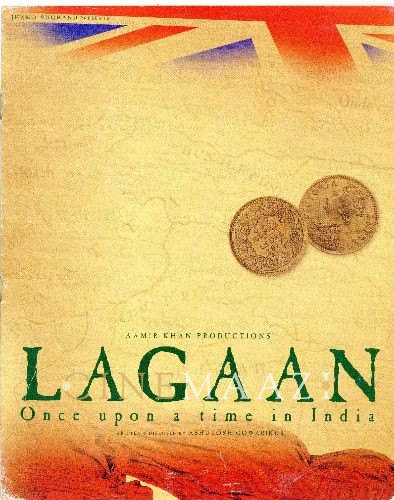
Lagaan 2001
-
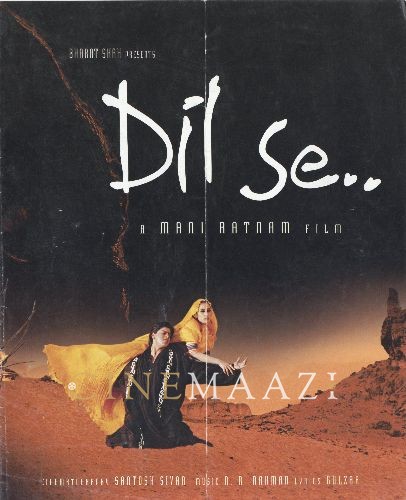
Dil Se 1998
-
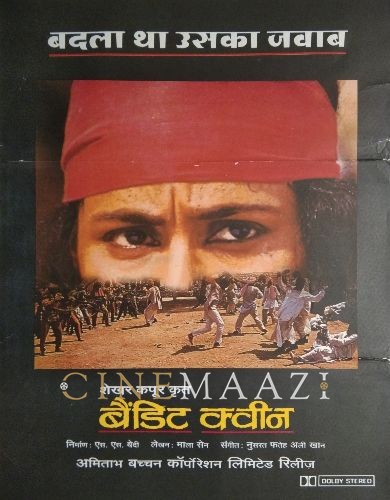
Bandit Queen 1994
-
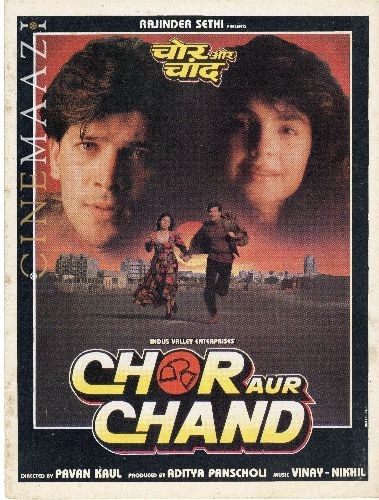
Chor Aur Chand 1993
-
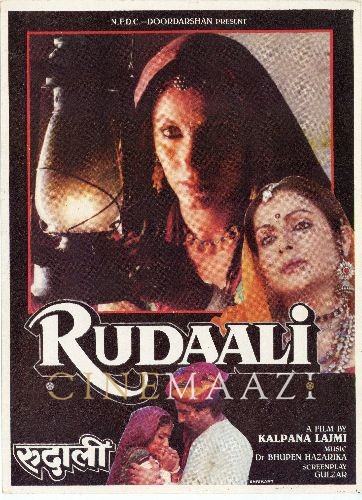
Rudaali 1992
-
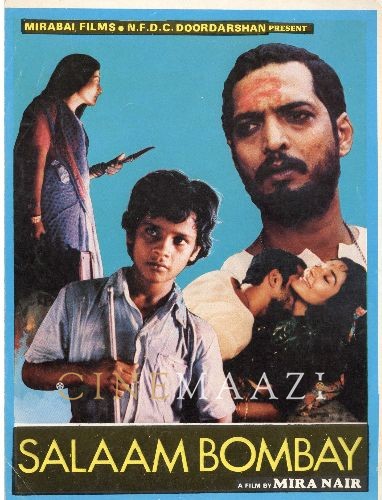
Salaam Bombay 1988
-






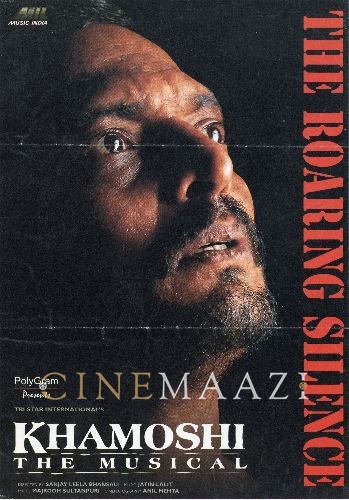
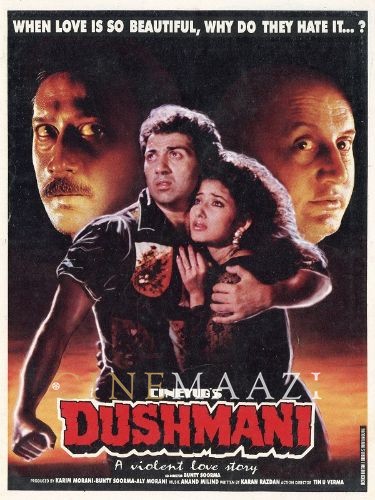
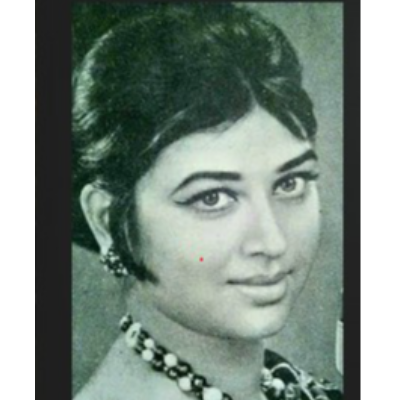

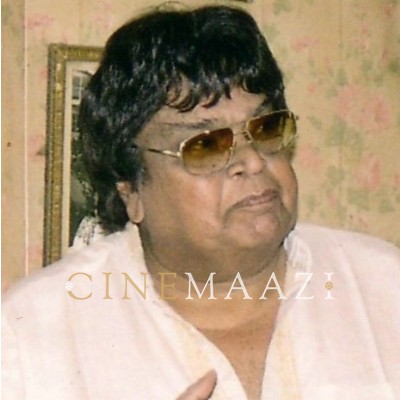

.jpg)



